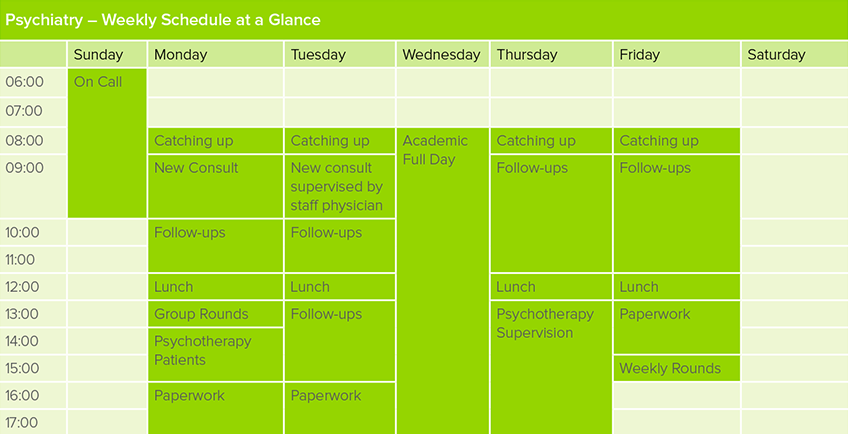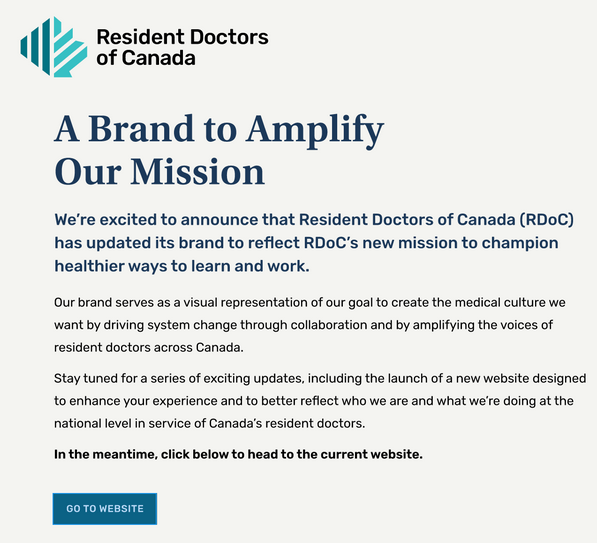PGY-2 Psychiatry – University of Toronto
ResidentPsychiatry University of Toronto
September 2017
About Me
Hi! I’m Andreea Gheorghe, currently in my second year of a five-year residency program in Psychiatry at the University of Toronto. Originally from Romania, I moved to Canada at an early age and grew up in Vancouver, British Columbia. After completing three years of undergraduate training at the University of British Columbia, I was accepted into the medical school program there, and thus began the journey in pursuing my life-long dream.
I instantly fell in love with the field of Psychiatry! As a new and budding field, it offers great opportunities to make lasting impressions and advancements within itself. It caters to those who are inquisitive by nature, those who love asking “but why?”. As a specialty, it offers me the mental stimulation I crave. It is also one of the few remaining disciplines to blend artistic technique with science and logic.
Clinical Life
Although my days can vary greatly depending on which rotation I am on, the schedule below is typical when I am working on an outpatient Psychiatry service.


What kinds of rotations are required in your program?
The first year of residency is a rotating internship, during which there are several mandatory off-service rotations. Throughout the year, we complete one month of Neurology, one month of Cognitive/Behavioural Neurology, two months in the Clinical Teaching Unit (CTU), one month of Emergency Medicine, one month of Family Practice, one month of Palliative Care, and one month of Addiction Medicine. In addition, we have one month of Emergency Psychiatry, one month of Consultation-Liaison Psychiatry, and two months of elective time.
Which of your personality characteristics have been particularly helpful in your field?
I believe that my open-minded and inquisitive nature has been my biggest asset thus far in the field of Psychiatry. As a resident in this discipline, it is important to enjoy communicating and interacting with people. Having a keen interest in both the psychotherapeutic and neurobiochemical aspects of Psychiatry is also essential.
It is equally as vital to view this field as one in which continuous collaboration exists between physicians of various specialties, nurses, pharmacists, and social workers. If you are a “people person”, full of curiosity, and love the mind and all of its intricacies, then this field is for you!
What are the best aspects of your residency?
I honestly cannot say enough good things about my residency program! I feel supported, encouraged, and lucky to be surrounded by amazing colleagues. The best aspect of this program is the emphasis placed on resident wellness and work-life balance. We have very good call schedules (2-3 calls per month), as well as weekly resident lunches. In addition, our program hosts monthly events for us to socialize and get to know our fellow residents. We have a great cohort of residents, and incredible staff that we get to work with and learn from.

What are the most challenging aspects of your residency?
Completing the mandatory off-service rotations in first year. As you enter second year of residency, you are working only on psychiatric services, and are given a substantial amount of responsibility. Although this may be intimidating at first, it presents a unique challenge and learning curve which ultimately pushes you to grow at a fast pace.
What is one question you’re often asked about your residency?
“Don’t you miss real medicine?”
I get this question very often, both from colleagues within other fields of medicine and other individuals in the community. In response, I would say that, although Psychiatry is a unique field of medicine, the amount of medicine we must know is substantial. We routinely monitor bloodwork for patients and must be knowledgeable about the interactions between psychiatric and non-psychiatric medications, as well as psychiatric manifestations of medical illnesses.
While working on the Consultation-Liaison service, we have the opportunity to work with very niche inpatient populations, where we are required to merge our knowledge of Psychiatry and medicine on a regular basis. Overall, I would say that Psychiatry is a discipline where we have the incredible opportunity of blending the art of psychotherapy with the medical aspects of patient care.
Can you describe the transition from clerkship into residency?
For me personally, the transition into first year of residency was an easy one. I felt quite overwhelmed during both my third and fourth year of clerkship with the long hours, call shifts, constant exams, and stress associated with the CaRMS match.
My first year of residency, despite being very busy at times, was a vast improvement in terms of quality of life and work-life balance. As residents-, we are offered a substantial amount of vacation time, professional days, as well as sick days. Due to this, we have the opportunity to take time off, to relax, recoup, and enjoy our life outside of medicine.
What are your future practice plans?
Given that it is so early in my career, I am very excited to see what opportunities lay ahead. So far, my interests have grown in Consultation-Liaison Psychiatry, Emergency Psychiatry, and Outpatient Psychiatry. My vision is to have a varied and blended practice, one in which I have the opportunity to be an active member of the psychiatric and academic communities.

I enjoy collaborating with other healthcare professionals, as well as managing acute and severe psychiatric cases. The blend between the medical, neurologic, and psychiatric fields fascinates me, and completing a fellowship either in Consultation-Liaison Psychiatry or Neuropsychiatry will be a consideration of mine. I am also very interested in teaching and mentoring, and hope to incorporate this into my future practice.
What are your fellow residents like and how much do you interact with each other?
My fellow residents are amazing! In our residency program, we have a large cohort – the largest in North America. Despite being such a large class (36-38 residents per year), we are cohesive and often spend time with each other outside of work. We have weekly academic days where we also have the opportunity to meet and interact. During our rotations, we are often placed with fellow classmates, and this has made residency much more enjoyable. Overall, my classmates are very supportive, responsive, and welcoming.
Non-Clinical Life
What are your academic interests (e.g. leadership activities, research)?
I have always had a keen interest in teaching and mentoring. Last year, I participated in the PsychLE program coordinated through the University of Toronto medical program, and had the opportunity to engage with and mentor medical students interested in pursuing Psychiatry. I have also participated in the facilitation of the narrative and personality disorders course for the medical students at the University of Toronto.
Prior to residency, I was very engaged in advocating for medical students interested in Psychiatry, by serving as one of the chairs for PsychSIGN. This organization is affiliated with both the Canadian Psychiatric Association (CPA) and the American Psychiatric Association (APA), and serves as a platform for medical students to explore the field of Psychiatry.
During residency, my interests in leadership and advocacy continued in the capacity of PGY1 co-representative for the Psychiatry Residents’ Association of Toronto (PRAT). I will be continuing this work as the Events Executive for PRAT this year.
What is your work-life balance like, and how do you achieve this?
I am a strong advocate and believer in achieving a great work-life balance. I believe that achieving a stable work-life balance is partly a choice, and a direct result of good time-management in combination with prioritizing work and our personal lives in an equal and respectable manner. Outside of work, I love to read, go to the gym, and cook. I also enjoy all outdoor activities, and especially love the summers in Toronto for this.
I strongly value and nurture my personal relationships with friends and family, and believe that our satisfaction outside of work directly facilitates a productive and satisfying career. My strategies during challenging and difficult times are varied, but I always include communicating with the individuals that are close to me and offer a source of support.



